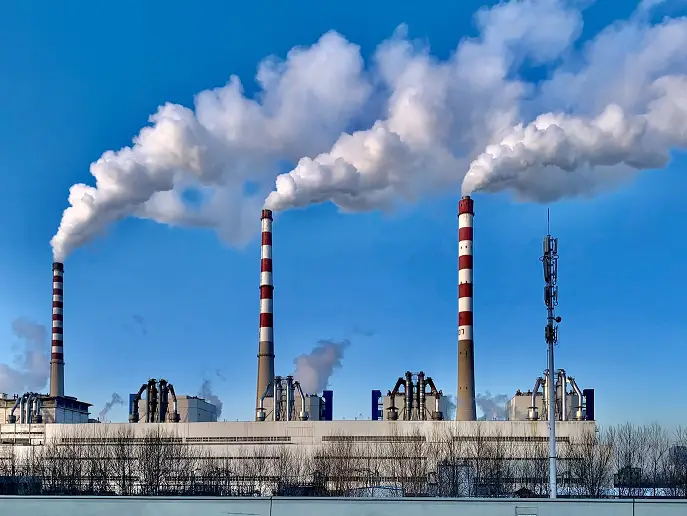Germany may not be able to phase out its coal-fired power plants ahead of schedule, as the government has not offered any incentives to encourage the construction of new gas-fired power stations, according to the head of the industry lobbying group in Germany.
In an interview with German newswire DPA, BDI lobby head Siegfried Russwurm said, “It is extremely annoying that we could find ourselves in a situation where we have to continue operating coal-fired power plants for longer because there is not enough other reserve capacity.“
Russwurm, as head of the group, is representing such companies as Siemens Energy AG.
Germany, in seeking to phase out its coal-fired power plants by 2030, eight years ahead of the official target date, is betting it will be able to leverage wind and solar power generation to be the foundation of its efforts to reshape the supply of electricity to the nation.
The Green Party’s minister for economic affairs and climate protection, Robert Habeck, has never presented a strategy for the organization of the nation’s power supply which features any new gas-fired power stations for use as a backup, should the wind die down, or sunshine diminish enough to prevent sufficient generation capacity to service the nation’s demand. The concept for the next generation of gas-fired plants would first run on natural gas, before transitioning to climate-neutral hydrogen. However due to costs, energy companies have not been willing to invest in such plants, to date.
Russwurm said, “It’s going to take private investment, and it has to be worth it – even if it’s just a few operating hours a year. I am a fan of expanding renewables. But honesty requires us to say that we need back-ups. We are a long way from having sufficient storage capacity.”
Following a regulator’s decision to forbid the closure of some coal plants before March of 2031, two of Germany’s biggest energy suppliers said this week that they are planning to keep the coal plants in service longer than had been predicted.
The providers, Uniper SE and EnBW Energie Baden-Württemberg AG, had been planning to shut down the units before that date, but now will maintain them operational past it.
Since the Ukraine war resulted in the interruption of Germany’s access to cheap Russian pipeline gas, and the nation closed down its last nuclear plants last year, the nation has been forced to reopen shuttered coal plants and rely more on the fossil fuel for energy production than it had anticipated.

